There are several approaches when choosing a watch for hikes and outdoor adventures. You can go analogue and choose between a minimalist military field watch or something big and tough with a billion features. Or, you could dive into the world of smartwatches and feel like you've strapped a little iPhone to your wrist.
A modern outdoor watch acts as your personal data logger, smart device, and fitness tracking device all in one. It's an increasingly popular accessory for sportspeople. There are an awful lot on the market today, but for those after one to take into the wilderness on their expeditions, there are certain features that you'll need to keep an eye out for. We cover those just below and recommend our favourite watches for hiking and outdoor pursuits.
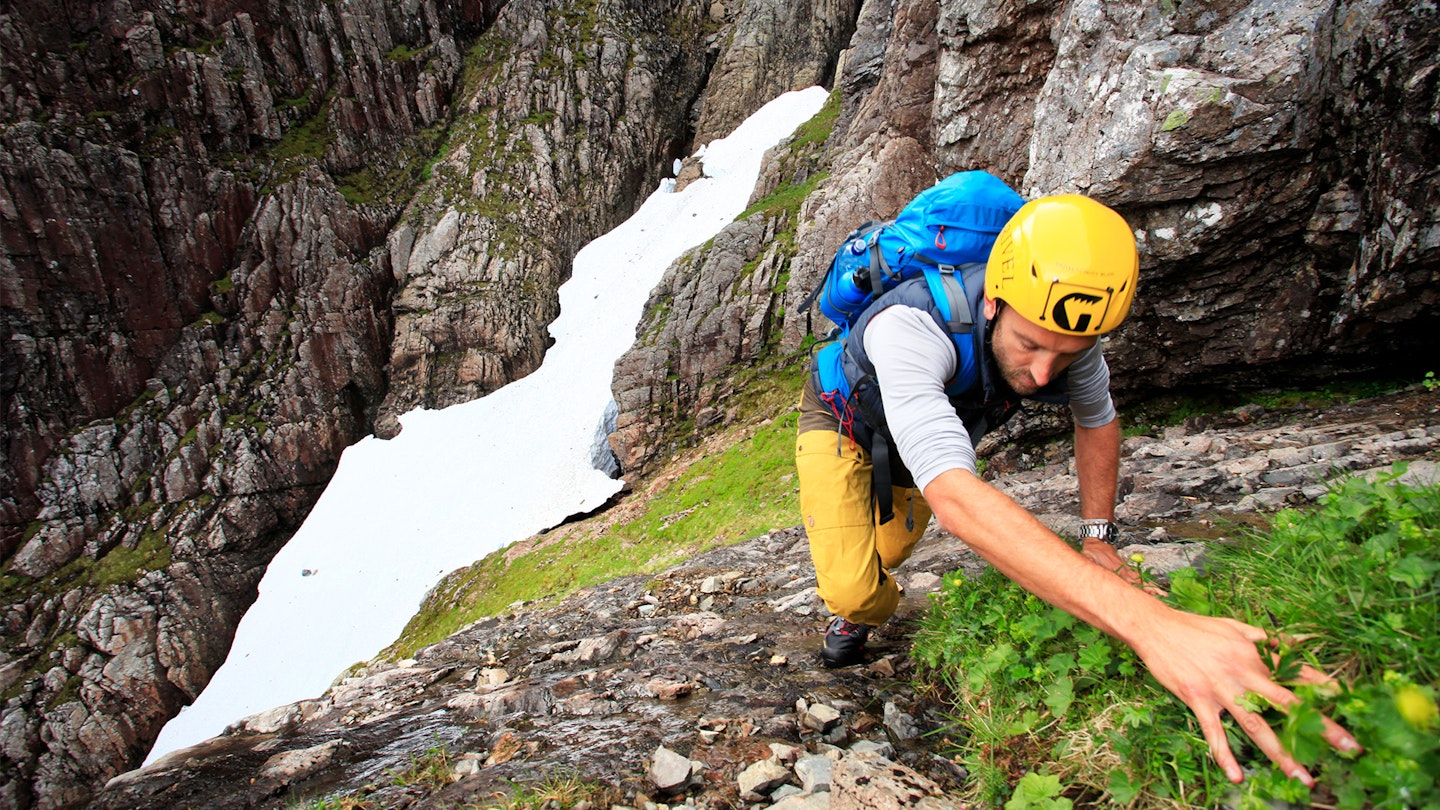
Best outdoor watches at a glance
Best in test: Suunto 9 Peak Pro
Best value: Garmin Instinct 2
Best rugged watch: Casio G-Shock Mudmaster GG–B100
Something we'll point out immediately is that outdoor watches with a focus on sports and outdoor activities aren't just about tracking your outings. They also take on the role of data analyst and training coach. These products assume you want to get better, so they'll constantly push you, which can be irritating. But, if you are aiming for improvement, they're a great investment for motivation.
Field watches, on the flip side, won't beep or buzz you at any point (unless something has gone seriously wrong within the mechanism). They were developed in the 19th century for the military, their sole aim is to be precise, reliable, and sturdy. Today, a field watch remains a fantastic choice for hikes who aren't after a lot of bulk but still want a durable timepiece on deck. Or, if you're looking for more features, there are plenty of options.
How we tested the best outdoor watches
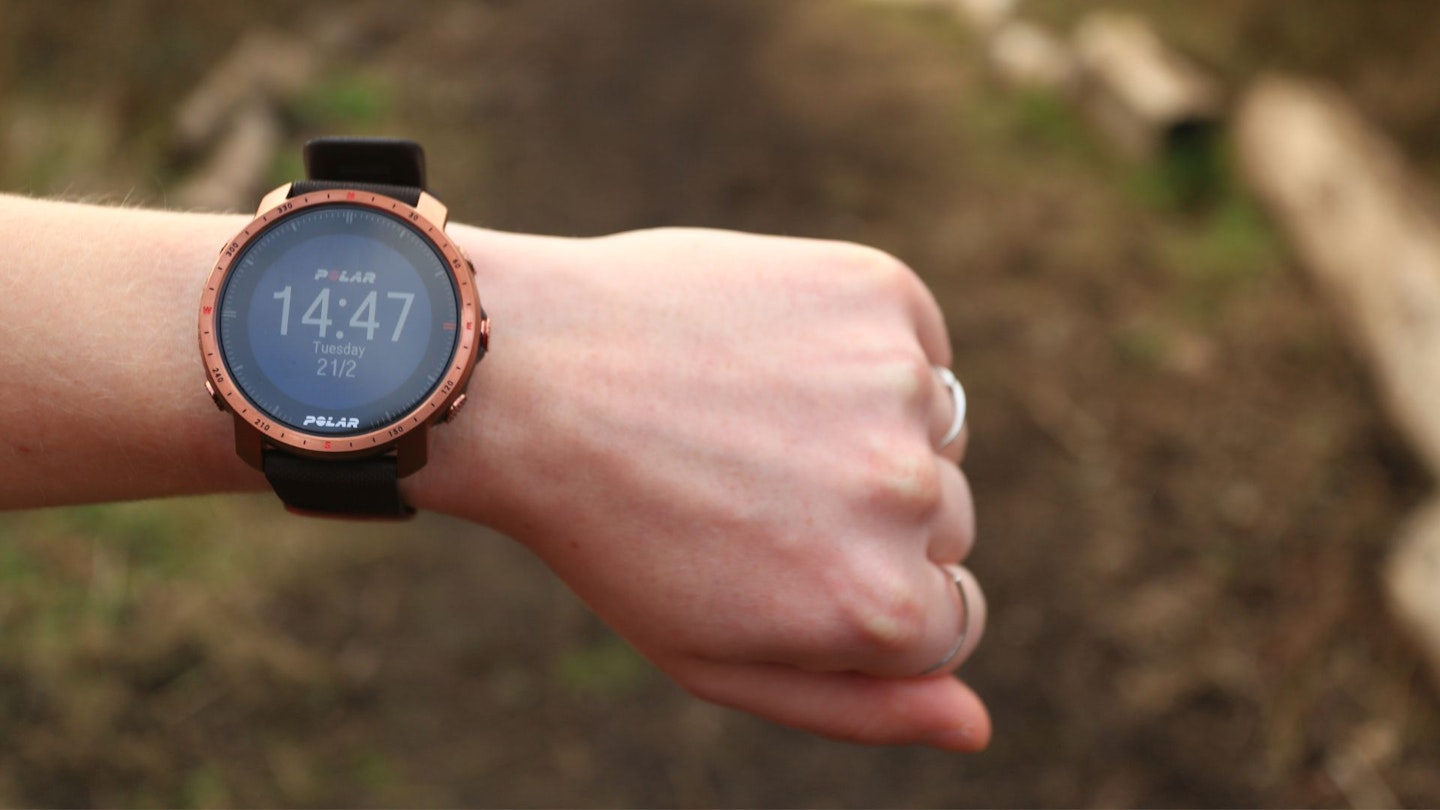
These watches were tested by the LFTO team over the course of six months. Our testers included our Editor Oli Reed, our magazine Gear Editor Ben Weeks, and LFTO senior writer Chris Williams. Each watch was tested over a wide range of distances and terrains. To find out more about how we test, click here.
We wanted to ensure a range of different watches made our shortlist in order to cater to peoples' varying requirements. So, whether you need a watch that's great value, super rugged, or packed with as many sports and features as possible, there is an option here.
How to choose an outdoor watch
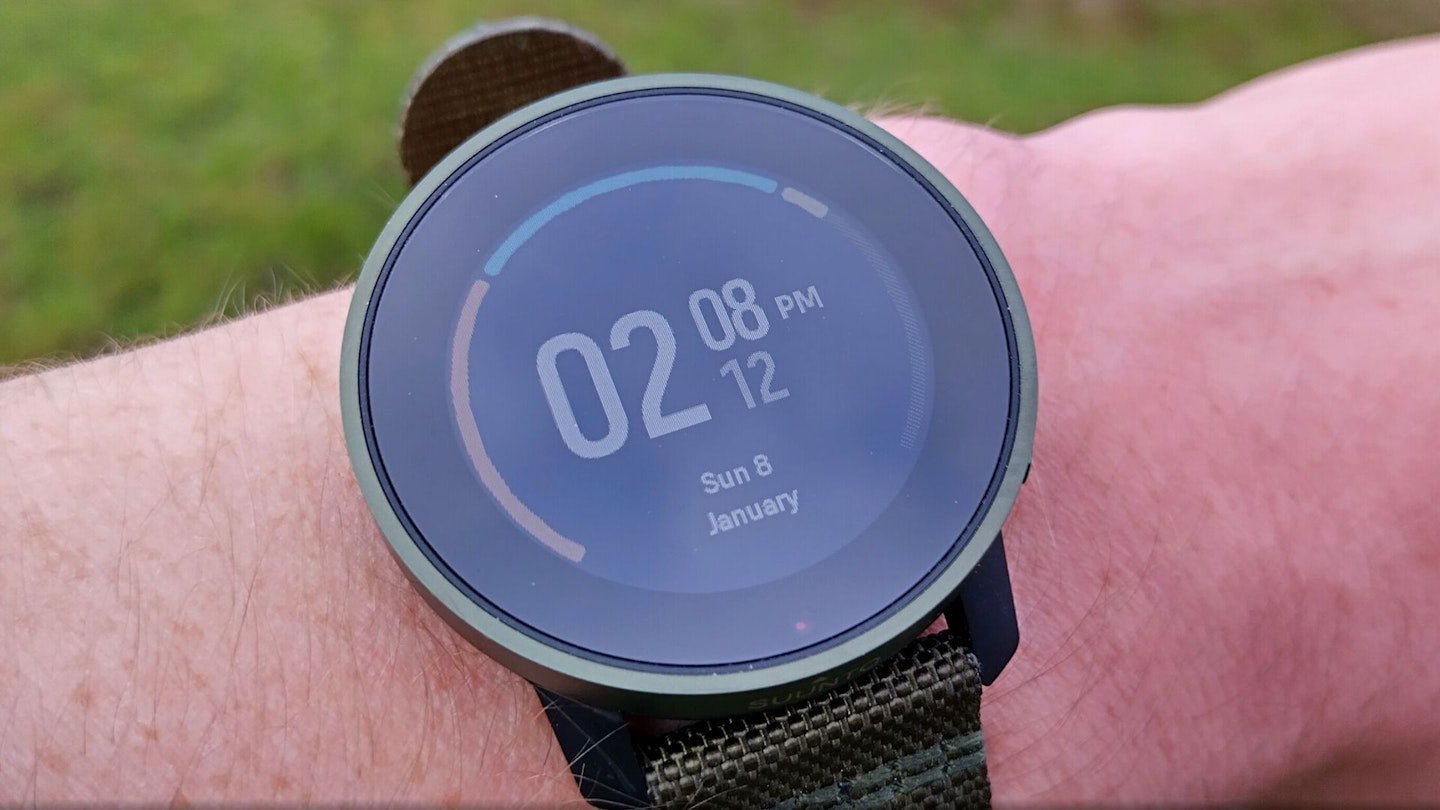
Size
Some smartwatches and sports watches are particularly chunky, while others are more slimline, and some others are available in a range of sizes. Consider how the watch will sit on your wrist, particularly if you intend to use it as an everyday watch too.
Mapping
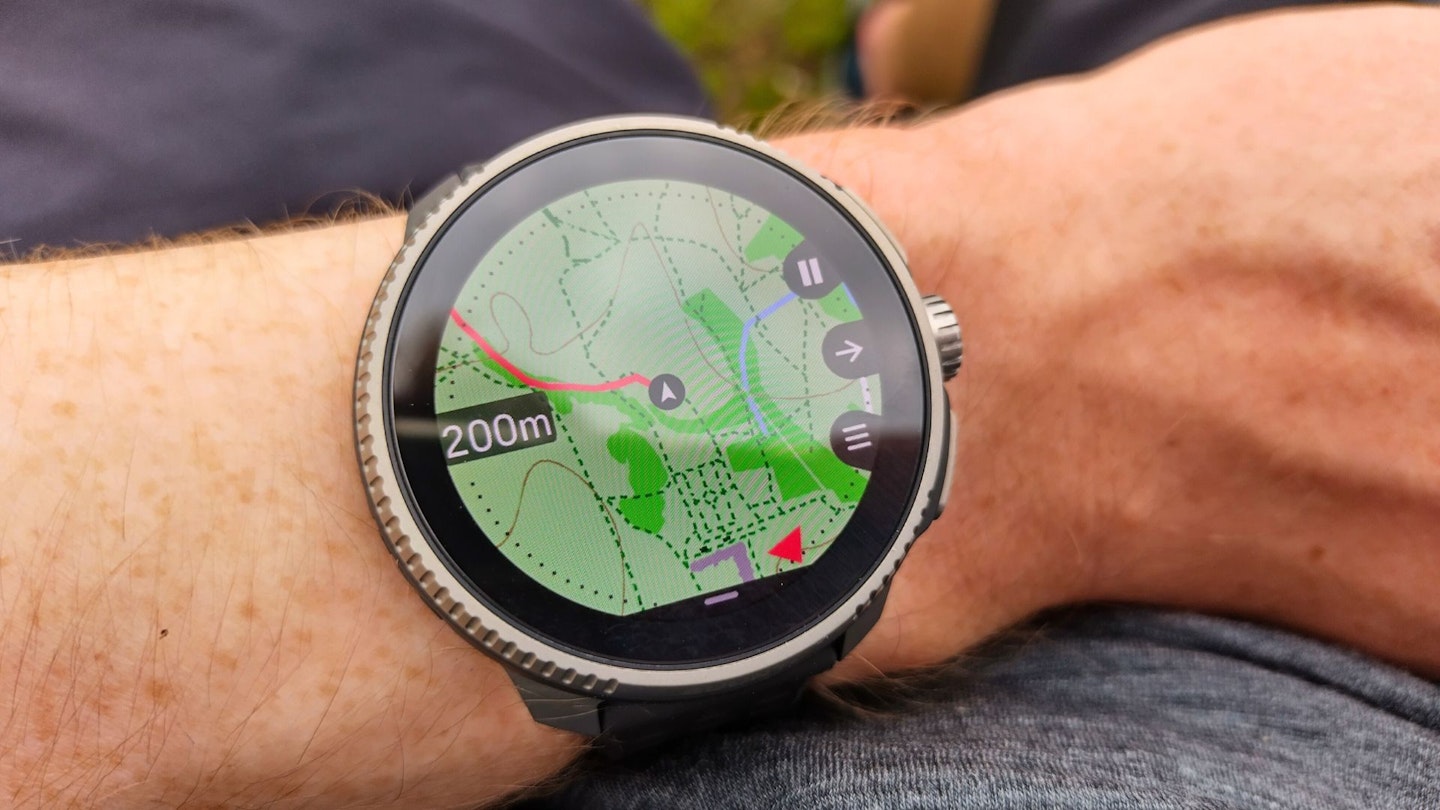
Some watches can show detailed mapping on their screens. Although not great for route planning (even the largest watches have relatively small screens), it can be a helpful extra navigational tool.
Battery life
Battery performance has increased dramatically over the past few years. Check the watch’s spec for battery life, paying attention to the times stated with GPS turned on and any battery-saver modes that might reduce features.
Sensors
In addition to GPS, these little watches can contain a range of sensors, including an altimeter, barometer, accelerometer, compass, heart rate monitor, blood oxygen and more. Make sure your choice has the sensors that are important to you.
Fitness and sport features
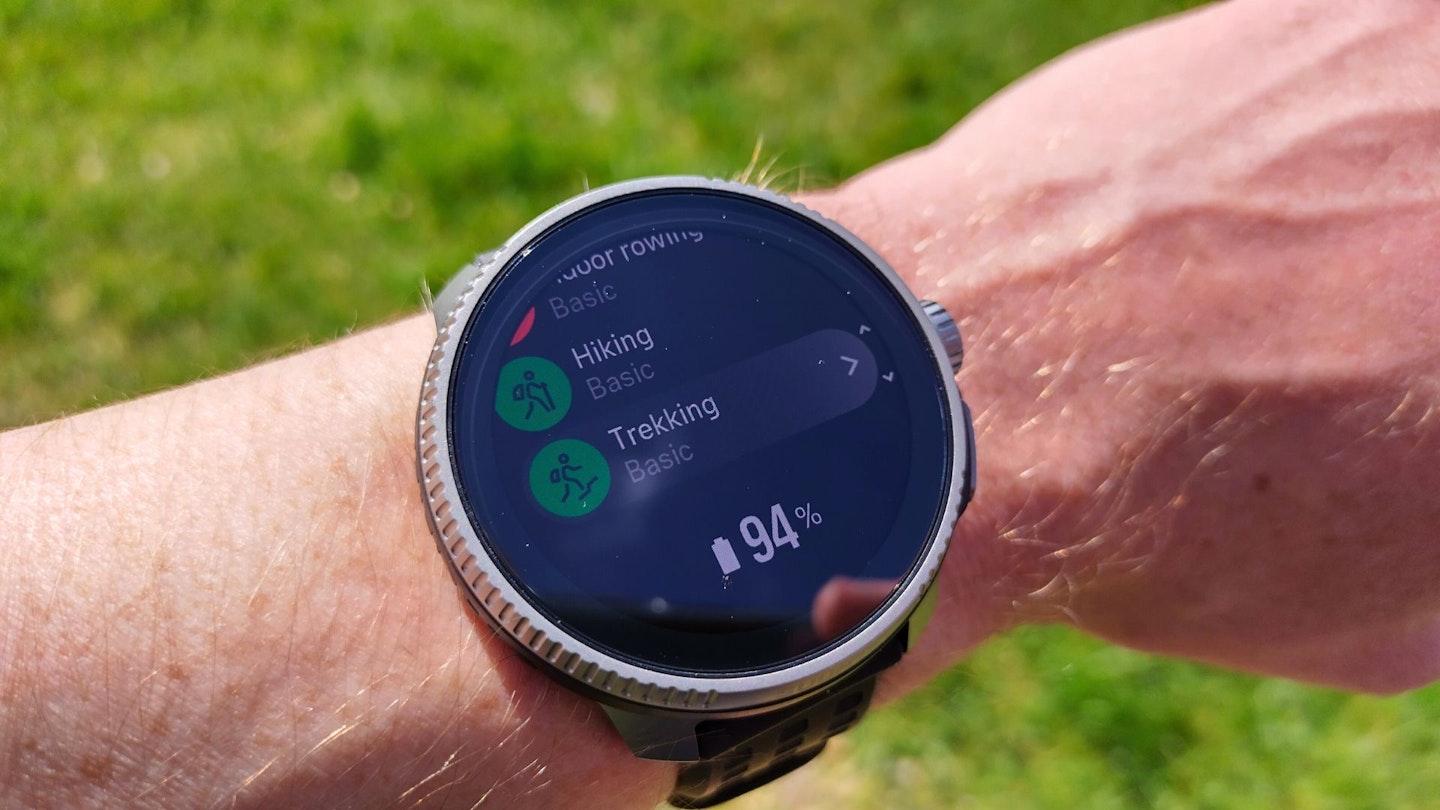
Do you just want a watch that gives a grid reference or one that can also track your walks, runs, swims, or even your golf? Most smartwatches now offer multi-sport functions, but the specifics vary.
Satellite compatibility
GPS is just one global satellite network (American). The four others are GLONASS (Russia), Galileo (Europe), QZSS (Japan), and BeiDou (China). The more your watch is compatible with, the more accurate it will be.
The best outdoor watches reviewed
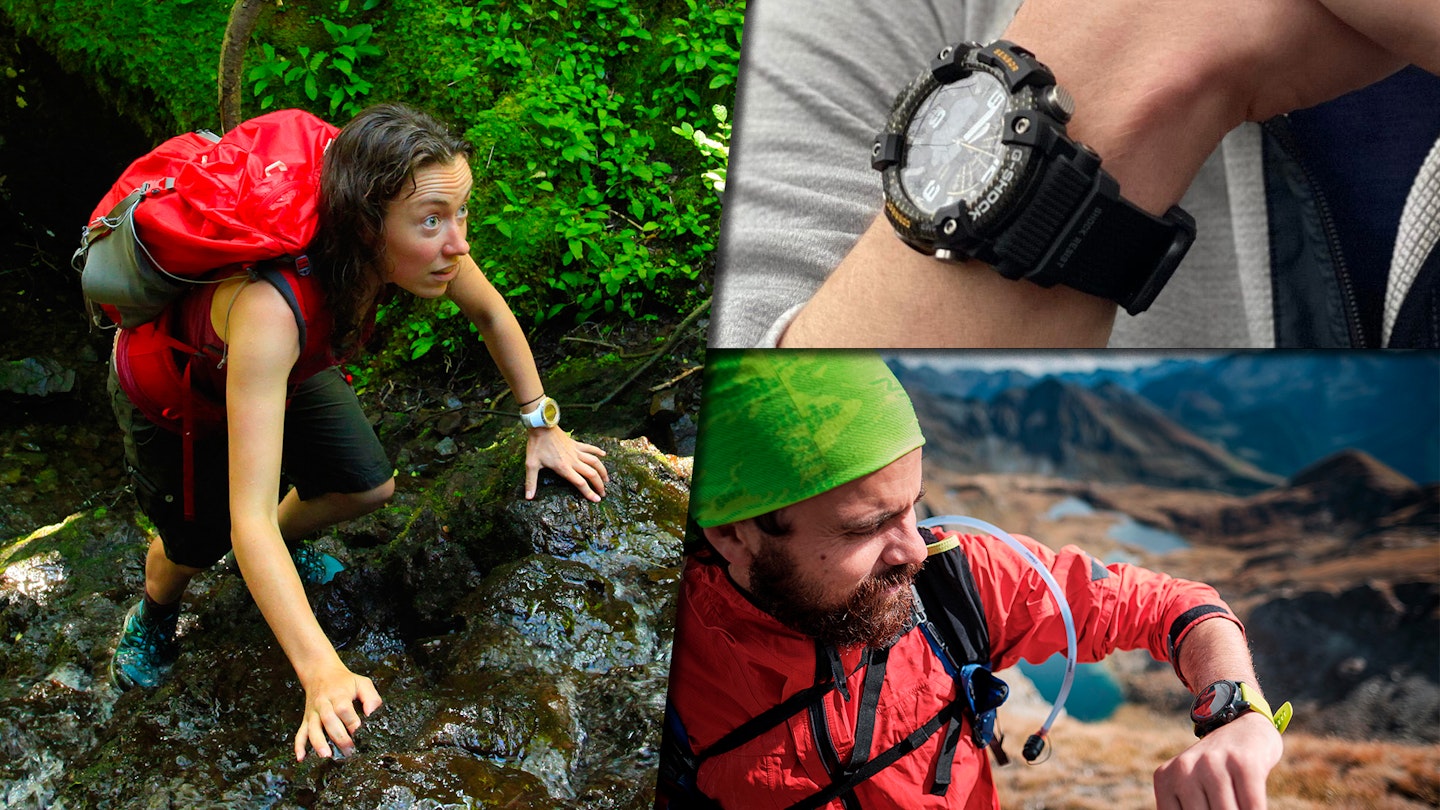
Best in Test
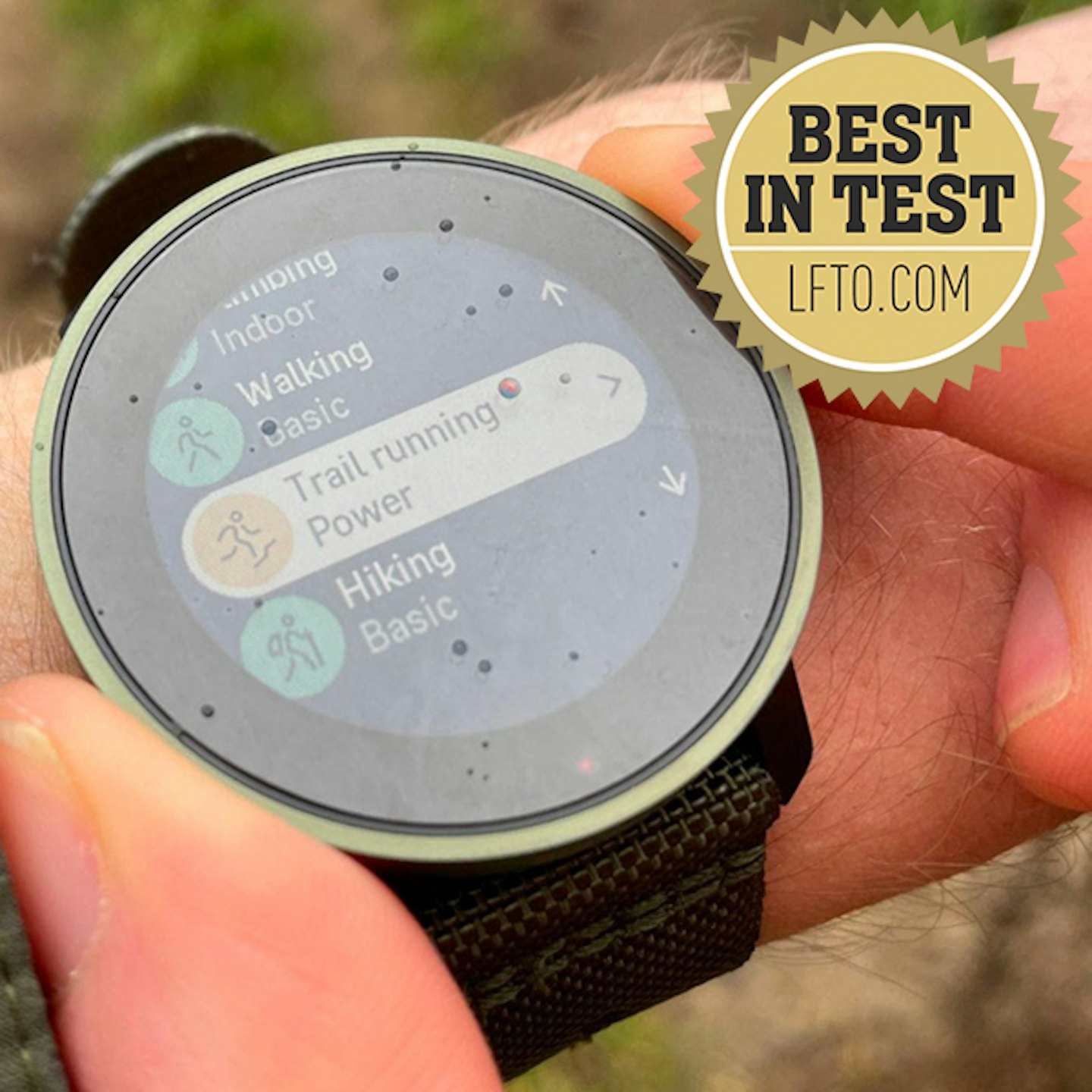
www.suunto.com
Thinking that the 9 Peak Pro is too dainty and pretty to hold a candle to the others here is a mistake. There are two versions of it: the standard and the Titanium. The latter has a titanium bezel, compared to stainless steel on the standard version. We’ve been testing the standard version, dropping it on trails and ‘accidentally’ grazing it against hard surfaces. The sapphire glass face hasn’t suffered a scratch.
Suunto has improved the interface of the 9 Peak Pro compared with the 9 Peak. Everything is much clearer in terms of display and menu organisation. It still takes a few days of playing around with it to feel at home with the system, but it’s a big improvement. Once you’re used to it, you can configure the interface as you please and your recently selected sports are always kept at the top of the sports menu.
However, we did find it takes a bit longer to sync with its app and to locate our position than the Garmin watches. But it's extremely accurate and the Suunto app is arguably the best here. It opens onto your activity archive instead of irrelevant stats. You can therefore instantly look at the activities you’ve done. You can also easily toggle between decent topographical mapping and satellite imagery and watch walk-throughs of your route to see your pace, altitude and heart rate as you walk.
Read our full Suunto 9 Peak Pro review
Pros
- Excellent touchscreen
- Looks great
- Brilliant app
- Very accurate
Cons
- App syncing is slower than Garmin
| Weight: | 64g |
| Battery life: | 21 days (with 24/7 tracking and mobile notifications) |
| Waterproof: | Yes, 10 ATM |
| Materials: | Silicone, textile, or microfibre strap; sapphire glass; fibreglass polyamide case |
| Screen size: | 30.5mm |
Best Value
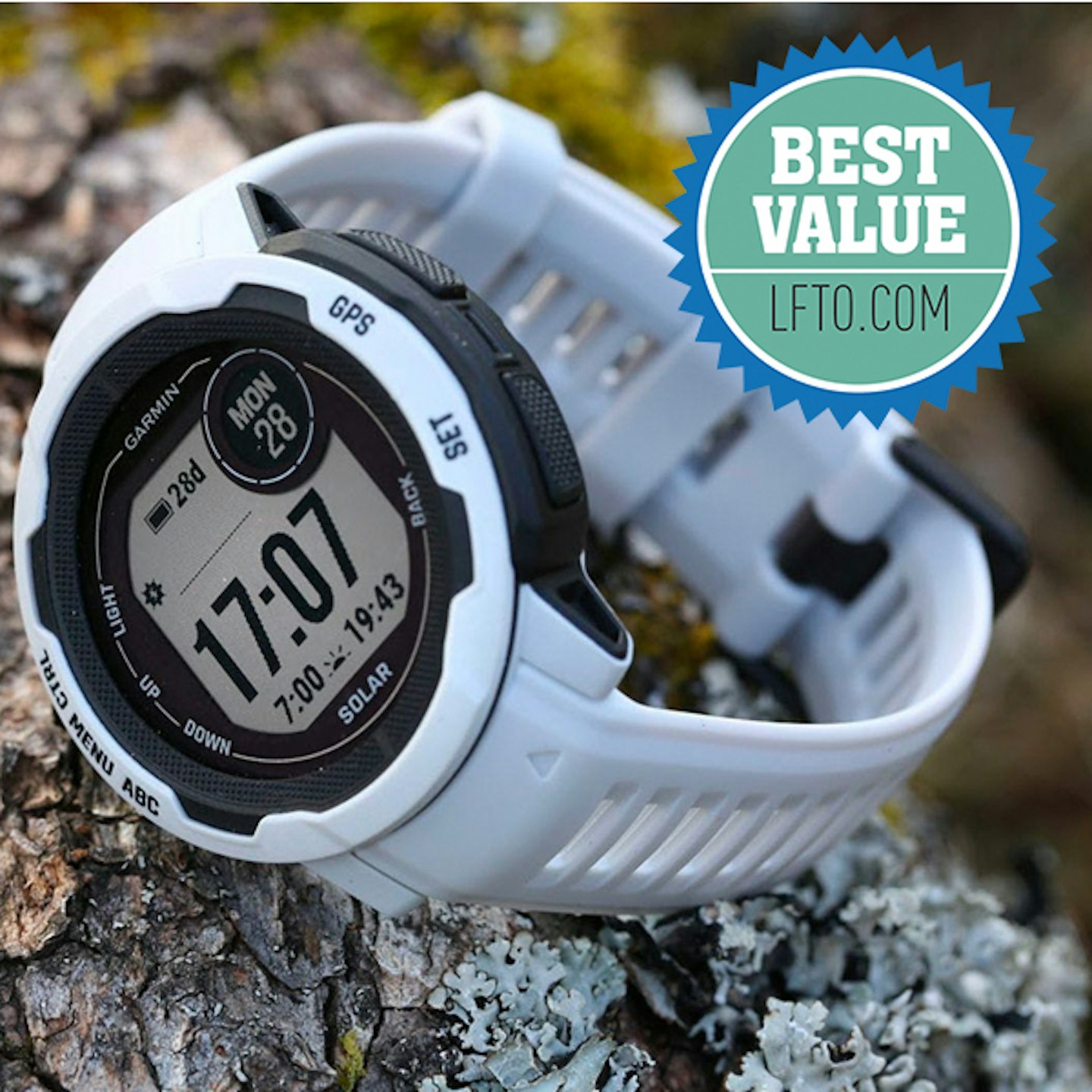
Garmin’s Fenix range is fantastic but predictably expensive. Garmin also produces the Instinct 2 range, which is available at about half the price of the Fenix 7. In terms of functional hiking and trail running features, the Instinct 2 has everything you need. In fact, it’s hard to find something we’ve used on the Fenix that isn’t also available on the Instinct 2.
Like the Fenix, there are Solar and lightweight S versions of the Instinct 2. In terms of features, there’s still a wealth of GPS-trackable sports modes including five running types. You can also use the Instinct 2 for receiving phone notifications, making payments, and controlling music. And if you want to customise it further, you can do so by heading to the Connect IQ Store to add widgets, extra apps, and the like.
For the value this watch offers, it’s hard to fault until you turn to the app. The Instinct 2 uses the Garmin Connect app, which is so-so. It prioritises stats and notifications over your activity archive, and the archive list shows each activity by its stats rather than the instant visual of the route, as seen on the others. It’s also fiddly to get to your cumulative miles for week, month and year.
But on the whole, the Instinct 2 is excellent. It’s hard to justify paying more for the top-end models here unless you’re a serious athlete.
Read our full Garmin Instinct 2 review
Pros
- Excellent value
- Shares key features with more expensive Garmins
Cons
- App is a bit fiddly
| Weight: | 52g |
| Battery life: | Up to 28 days |
| Waterproof: | Yes, 10 ATM |
| Materials: | Silicone strap; strengthened glass; reinforced polymer case |
| Screen size: | 23mm |
Best watch for runners
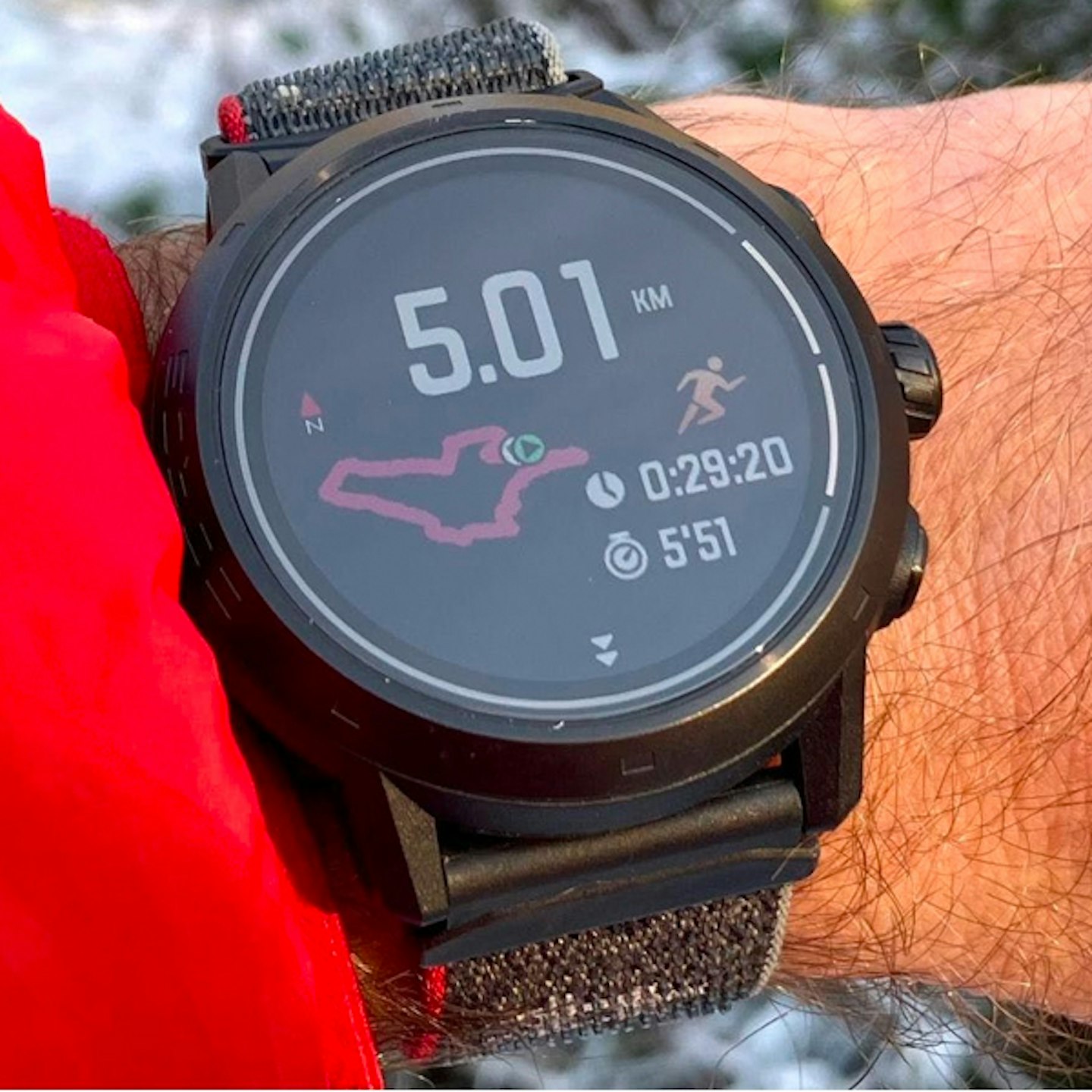
One of the first things that struck us about the Coros Apex 2 Pro is how little you have to charge it. This impressive GPS outdoor sports watch boasts 75 hours of battery life in standard GPS mode. We can confirm that we went more than three weeks before recharging, despite using it on plenty of local walks and runs and spending countless hours fiddling with its features.
Many outdoor enthusiasts look at Coros as a slightly more affordable alternative to Garmin. So while the Apex 2 Pro seems pricey, you get plenty for your money here. Firstly it looks great with a lightweight and comfortable nylon strap, 1.3-inch sapphire glass screen, plus chunky buttons and a titanium dial you can operate using a pair of thinnish gloves.
In terms of functionality for hillwalking, the Coros 2’s redesigned dual GPS antenna feels reliable and the offline maps are decent (if not particularly detailed). It isn’t classed as fully waterproof but has been built to withstand water to 50m and temperatures ranging from -30°C to 50°C. So no worries there.
In terms of nice extra touches, you also get a touchscreen, MP3 music player, night mode, blood oxygen sensors and heart rate monitors, plus much more we haven’t discovered yet. If you want a stronger endorsement than ours, this is also the watch brand of choice for mountain-running Superman Kilian Jornet, so it must be doing something right!
Pros
- Long battery life
- Genuine alternative to Garmin
Cons
- Others have better waterproof ratings
| Weight: | 53g |
| Battery life: | 75 hours |
| Waterproof: | Water-resistant, 5ATM |
| Materials: | Nylon strap (silicone optional); sapphire glass; titanium alloy case |
| Screen size: | 33mm |
Best budget smartwatch
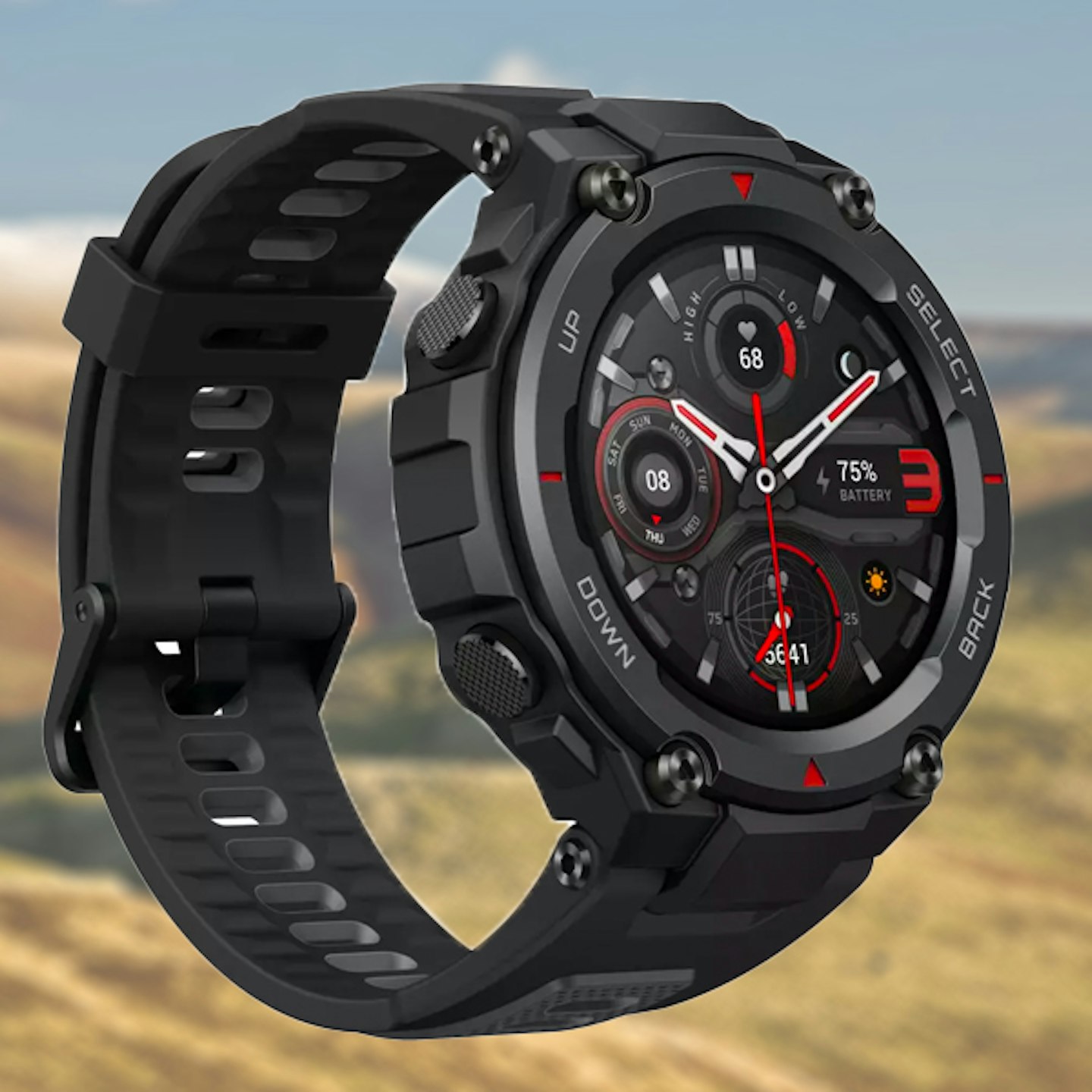
For most walkers, this review could begin and end here. The T-Rex Pro is tough, chunky, reliable, accurate, and it does exactly what you need it to: tracks, records miles (with cumulative stats for weeks, months and years, making it ideal for #walk1000miles), and presents the data very simply on a free app called Zepp.
The buttons are simple, and crucially, it’s a fraction of the price of its big-name rivals. In fact, it’s the same price as many far more basic trackers. So what are the drawbacks? Firstly, cosmetics: it looks cheap. The watchface options are naff, and its polycarbonate shell feels plasticky compared to the titanium its rivals use (although it’s still very robust and light). Secondly, it’s from a low-cost Chinese tech company rather than a dedicated outdoor brand, which may impact on aftercare and longevity.
So this is ‘just’ a tracking watch rather than a device that learns about you and wants to become part of your life. But in a year of intensive use, the T-Rex Pro has never let us down on speed of location-fixing, accuracy of recording, or battery life. On the latter, it can’t compete with the vast battery figures of its rivals, but if fully juiced it will track you on at least six five-mile walks before needing any kind of top-up, which seems fine and fair to us. So if you don’t need all the bells and whistles, the T-Rex Pro is an absolute no-brainer.
Pros
- Fantastic price
- Simple to use
Cons
- Fewer technical features than rivals
| Weight: | 60g |
| Battery life: | Up to 18 days |
| Waterproof: | Yes, 10 ATM |
| Materials: | Silicone strap; tempered glass; polycarbonate case |
| Screen size: | 33mm |
Best rugged watch for hiking
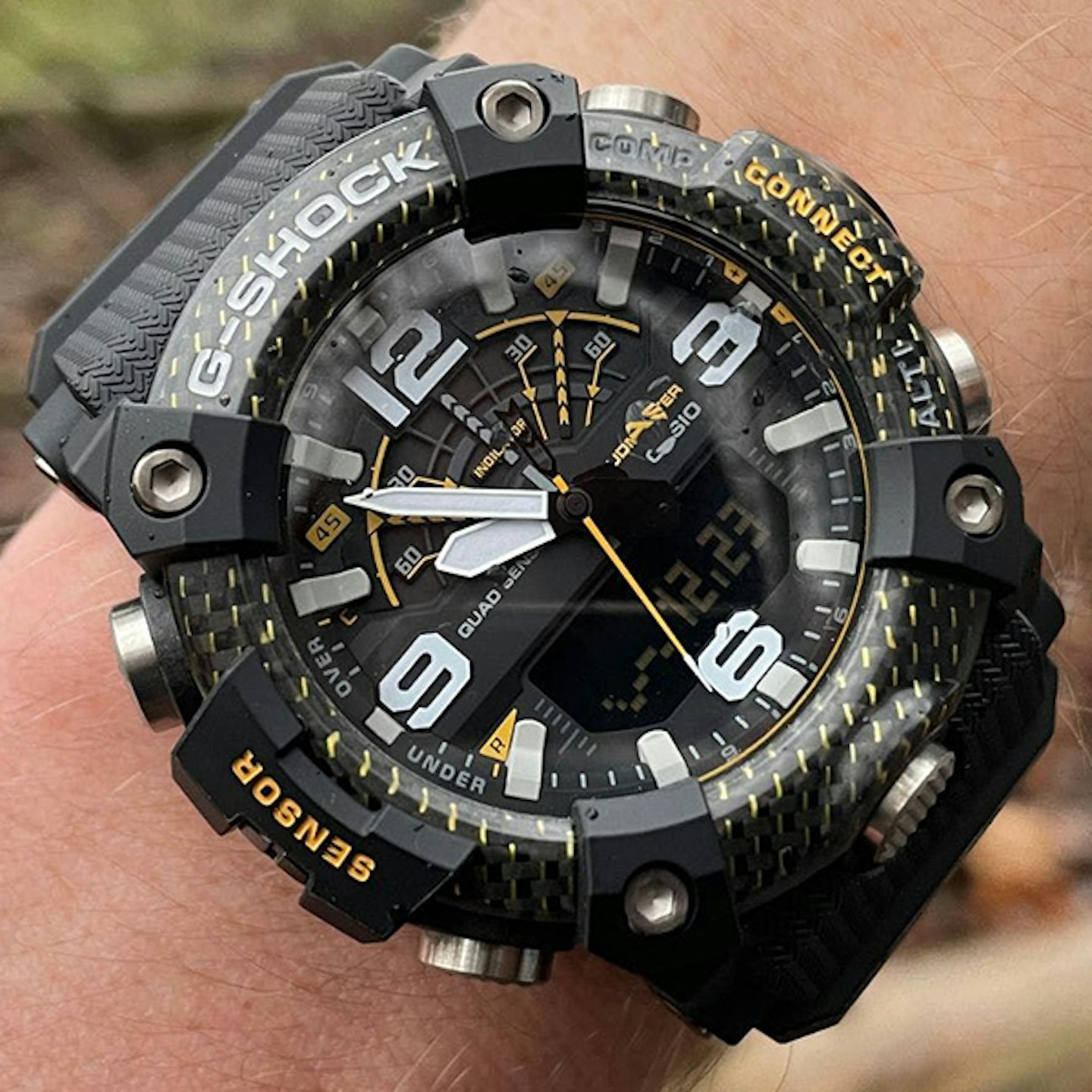
g-shock.co.uk
This Casio G-Shock watch is a uniquely rugged sports watch. Fans of the G-Shock range will know that in terms of styling, they have the opposite approach to the Suunto 9 Peak Pro. The GG-B100 is beefy and chunky and proudly so.
This watch doesn’t have a heart rate monitor or built-in sports apps like the others. Instead, it has a magnetic compass, altimeter, barometer, accelerometer, and gyrometer. It has a step counter and thermometer too. In terms of functionality then, it’s relatively straightforward. But you can still connect the GG-B100 to a smartphone via Bluetooth to record activity logs and adjust the watch. The app is quite amusing. It has the appearance of a war strategy game and is easy to use but also quite basic.
Toughness is important here. The case looks like carbon fibre, and it says ‘Carbon Core Guard’ on the underside. It’s actually a carbon fibre-reinforced resin but is still mighty tough. The mineral glass is scratch-resistant and protected by the protruding bezel. The Casio is water-resistant down to 200m. In short, it’s the most rugged watch here.
This type of watch will suit some and not others. But what will appeal to all is the exquisite level to which it’s made and how incredibly comfortable it is to wear.
Read our full Casio G-Shock Mudmaster GG-B100 review
Pros
- Very tough
- Very comfortable
- Buttons easy to use with gloves
Cons
- No solar option
- No sports apps
| Weight: | 92g |
| Battery life: | Approx 2 years |
| Waterproof: | Yes, 20 ATM |
| Materials: | Resin strap; mineral glass; carbon-reson case |
| Screen size: | 35mm |
Best watch for remote adventures
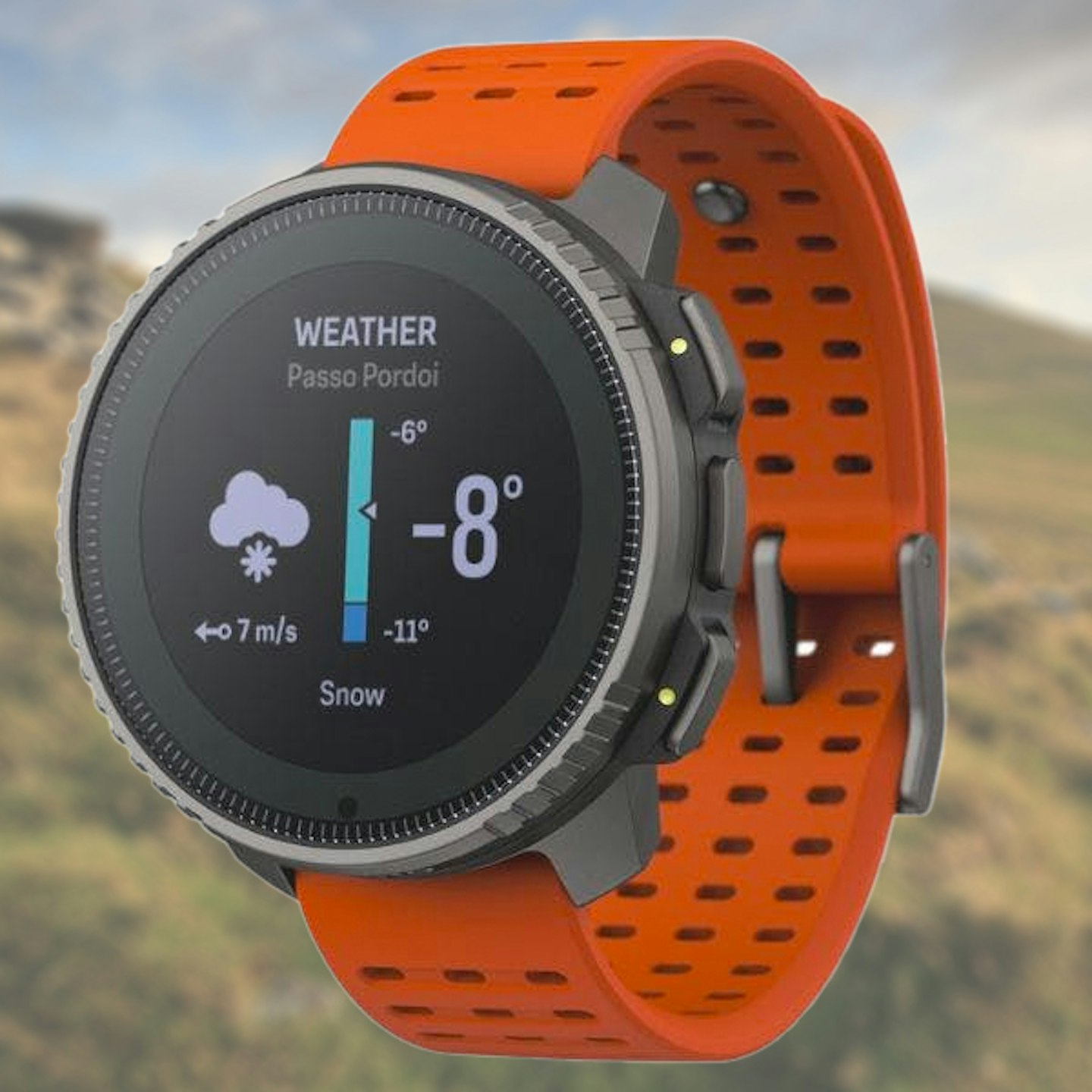
Our testers loved this watch so much that we just had to sneak it onto this list as a second Suunto offering. The Vertical smartwatch marks an impressive leap for the Finnish brand as they've refined their interface to a super intuitive and accessible level.
A responsive (and tough) touchscreen combines with three side buttons for a simple set-up. Move up and down and select with the buttons; drag maps around, adjust music volumes, and deal with text messages by tapping the screen. Easy as pie. Though it can take a while to scroll through the 97(!) pre-set sport modes with additional customisation options.
The construction of the Vertical is excellent and durable, though this does give it a little heft. Both versions come with sapphire glass, which can bang, scrape or crunch against dense gabbro and still look like it’s ready for Oscar night. With military-grade testing and waterproofing down to 100m, this watch can accompany you on some seriously hardcore adventures.
Read our full Suunto Vertical smartwatchreview
Pros
- Looks better than rivals
- Very impressive battery life
- Fast GPS location
- Solar and standard versions
- Excellent app
Cons
- We're not sold on offline maps
- Main display not as large or clear as rivals
| Weight: | 74g (86 stainless steel version) |
| Battery life: | 60 days Solar, 30 days non-Solar (24/7 tracking and mobile notifications) |
| Waterproof: | Yes, 10ATM |
| Materials: | Titanium or stainless steel bezel, sapphire crystal glass |
| Screen size: | 49mm |
Best field watch
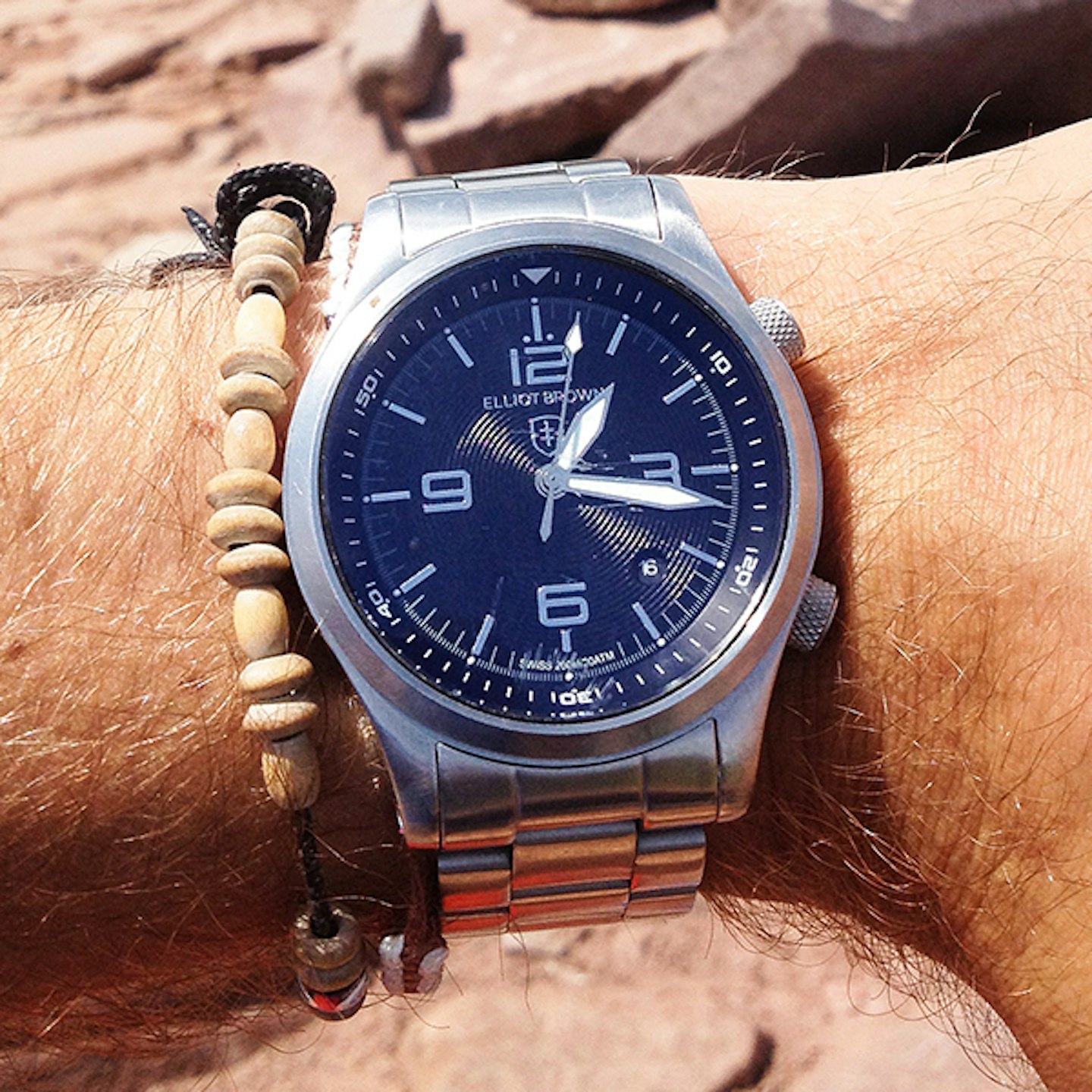
whamond.com
Our editor, Oli, has been trying his hardest to wreck this watch for a decade now. It's been used and abused over multiple dedicated testing trips, from the north face of Ben Nevis and Sharp Edge to the river behind our offices. Trust us, that's a pretty gnarly river. The only thing this rigorous testing managed to accomplish was a bit of a scuffed face – which Elliot Brown were happy to replace!
The whole Canford range is fantastic, with elegant colour and material variations throughout; We've tested the 202-006-B07 model. Catchy name, right? Although we can't get enough of this stainless steel strapped model, you may want to check out the Mountain Rescue Special Edition, which is even more durable.
There are no hidden functions on the Canford (it basically tells the time and date), but it is water-resistant and shock-resistant – and it has a solid steel bracelet so tough you could hang your body weight from it – don’t, though! The micro-adjustable extension clasp allows you to fine-tune the tightness of the strap if you get hot and sweaty, and our highest compliment to the Canford is that you'll hardly notice it until you need to do a time check.
If you're searching for classy timepiece that can handle mountain terrain, you’ll struggle to beat this. Simple, tough, beautiful.
Pros
- Extremely tough
- Elegant design for any occasion
- Super long battery life
Cons
- No extra features
| Weight: | 211g |
| Battery life: | 3 Years |
| Waterproof: | Yes, 20ATM |
| Materials: | Stainless steel strap, sapphire glass, marine-grade 316L steel case |
| Screen size: | 44mm |
Outdoor watch FAQs
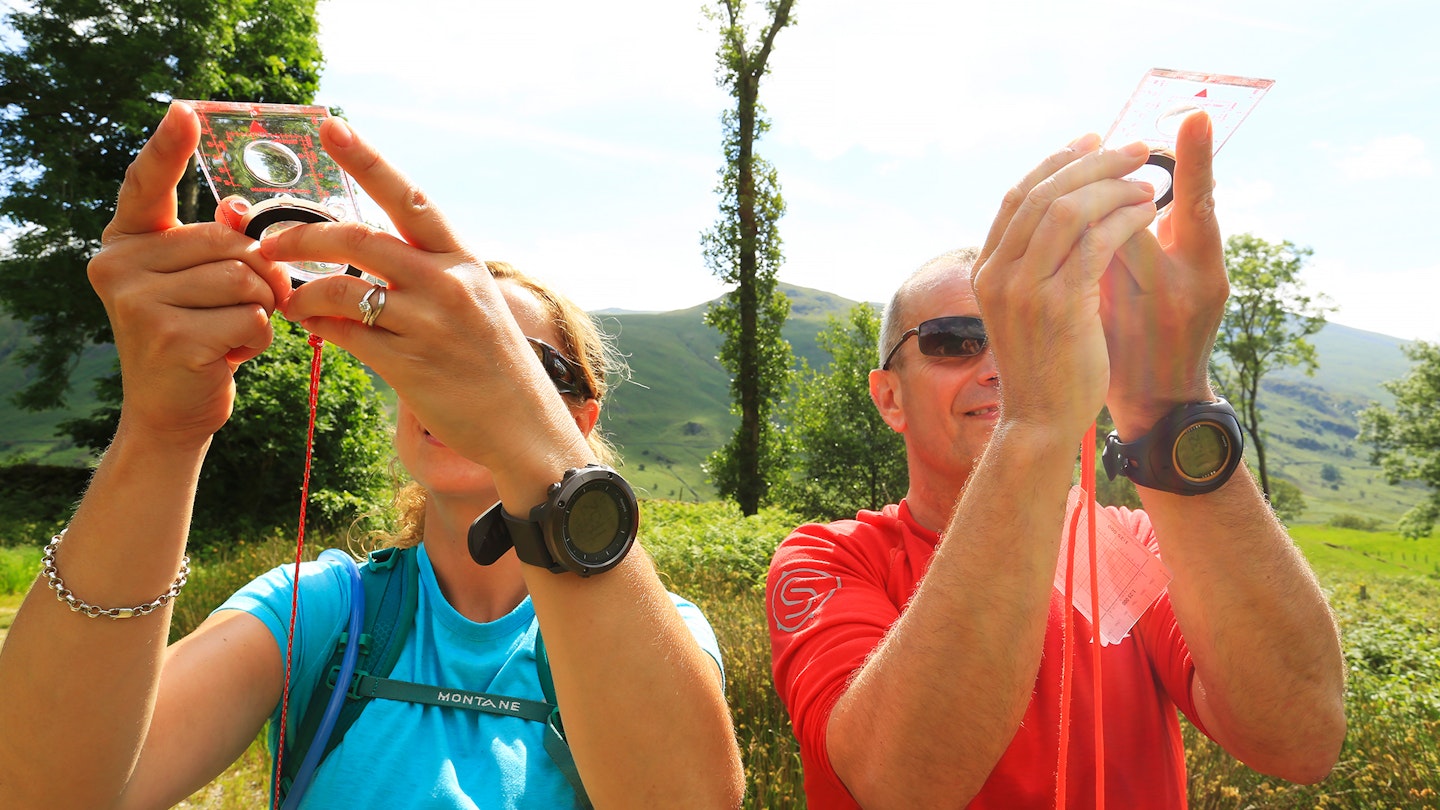
Watch vs fitness tracker: what's the difference?
You could be forgiven for thinking the two are the same. But when you see the average price difference you'll wonder why on earth does a smartwatch cost more? Fitness trackers are focused on what their name suggests. They track your fitness activities, count your footsteps and other such things. Smartwatches do this too but with more detail and have the addition of extra smart features.
Smartwatches can display more detail because they have bigger screens. You can also use their navigation features (such as GPS and compass) to map and track your routes. The sports and sleep metrics you see on some smartwatches listed above and in their accompanying apps are quite impressive. The line between smartwatch and fitness tracker isn't solid. There's certainly a grey area between top-end fitness trackers and smartwatches.
How do outdoor watches track sleep?
As a wrist wearable, a smartwatch tracks your movement to make educated estimations about your sleep. The Suunto 9 Peak Pro for example uses an accelerometer and a motion sensor to do this.
When you log your bedtime and sleep target into the watch, it monitors your movement. Periods of no movement are considered deep sleep, and periods of significant movement suggest you're awake.
Where should you wear an outdoor watch?
On your non-dominant wrist; yes that's right. But because an outdoor watch usually carries sensors, it needs to be positioned properly for accurate heart rate readings.
Try and position the smartwatch one or two finger widths above the wrist bone. And make sure it's tight enough so that it doesn't slide down during exercise and you can't see the sensor flashing on the underside.
About the author
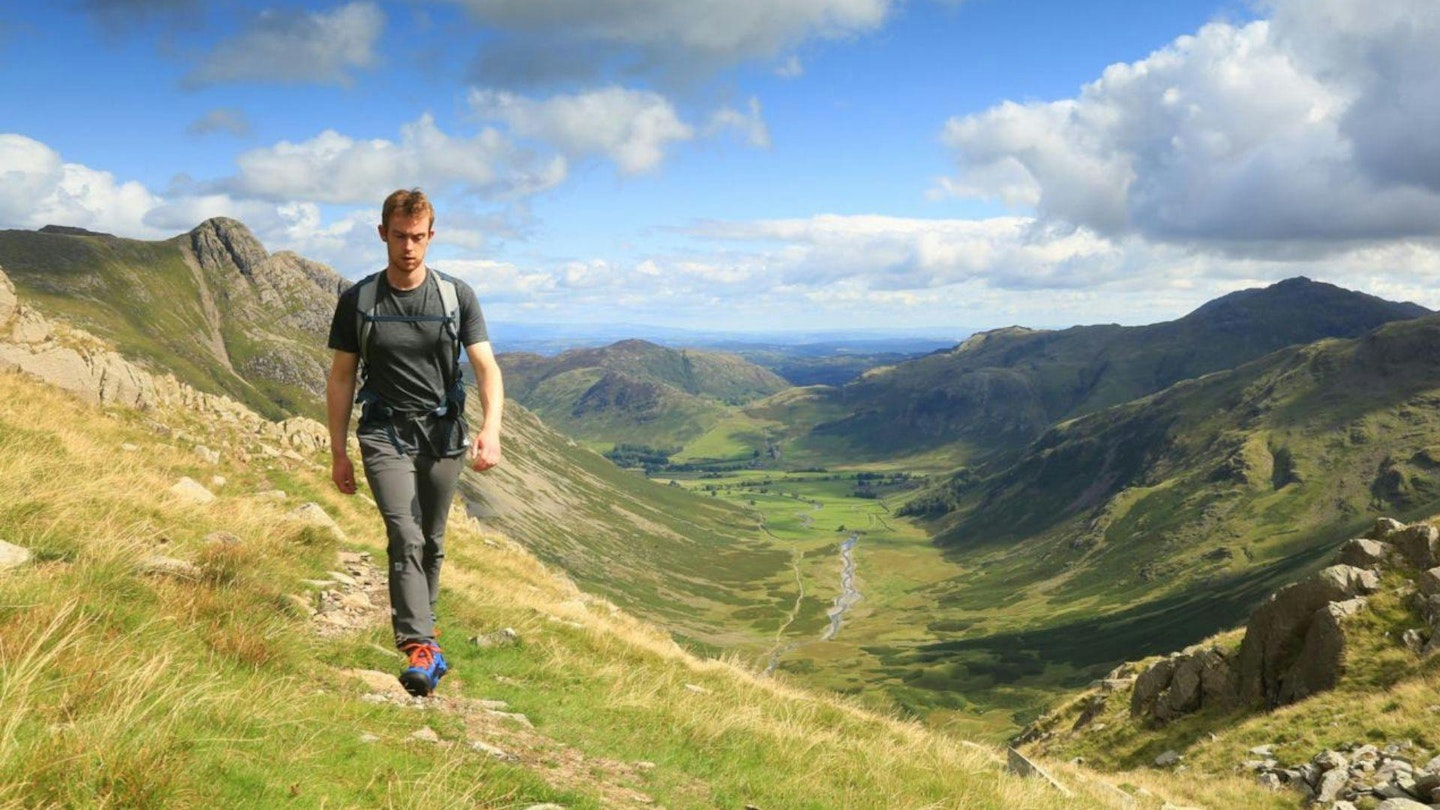
This piece was compiled by Chris Williams, our senior writer at LFTO. Although he hails from New Zealand originally, Chris now lives close to the Yorkshire Dales, and always gives his gear a good thrashing in some of the UK's most rugged mountain environments.

